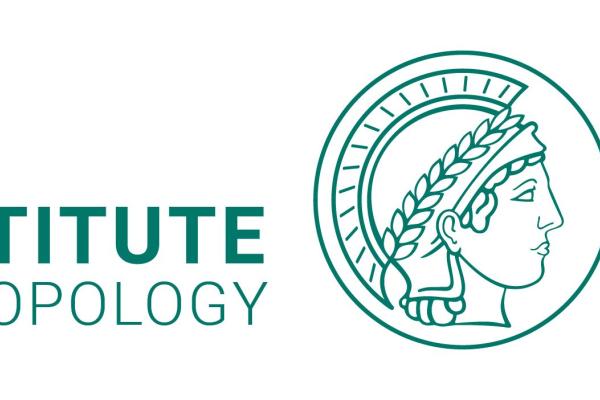- Address
- Advokatenweg 36, 06114 Halle, Germany
- Phone
- +49 0345 29270
- Website
The Cultural and Religious Diversity under State Law across Europe (CUREDI) Project, Max Planck Institute for Social Anthropology, is an online database of case law analyses related to questions of cultural and religious diversity in a variety of legal fields in Europe.
The CUREDI database aims to impact, both directly and indirectly, the legal approach to diversity questions across Europe in three distinct but interconnected ways:
First, the database provides Europe-wide comparative insights into the increasing demands that cultural and religious diversity questions make on governments, legislatures, and the judiciary in contemporary European societies as well as the various ways these demands are handled. European scholars, judges, legal practitioners, policymakers, and citizens regularly grapple with the question of how they are to accommodate diversity. By diligently analyzing daily legal practice, CUREDI offers a detailed picture of how cultural and religious diversity impacts law in the fields of both public and private law. In the long run, it is hoped that the database will contribute to research and comparative studies and foster a better understanding of different models for resolving legal conflicts involving diversity and the question of how to accommodate it.
Second, CUREDI makes available in a systematized way various types of materials dealing with real-life legal disputes involving religious and cultural diversity that researchers, legal practitioners, judges, and policymakers can draw inspiration from: thematic and country reports, bibliographies, case law commentaries, etc.
Third, CUREDI's long-term aim is to enrich and enhance the knowledge needed for a nuanced assessment of the impact of religious and cultural diversity on domestic legal systems in Europe.
As a collective project – relying on a network of academic partners and contributors across Europe to contribute case law, legislation and related commentaries, within their sphere of expertise – the project is now at a stage where we have gathered a sufficiently critical mass of cases which reflect recurring, connected issues in jurisdictions across Europe. Many of these cases are translated into English for the first time which gives CUREDI an unprecedented position among the digital resources already available. What emerges is a diversity of approaches that present a rich sample of judicial reactions to cultural and religious diversity. As such, the CUREDI database provides a unique source of information that can be of great interest to decision makers, legal practitioners, stakeholders as well as academics.

